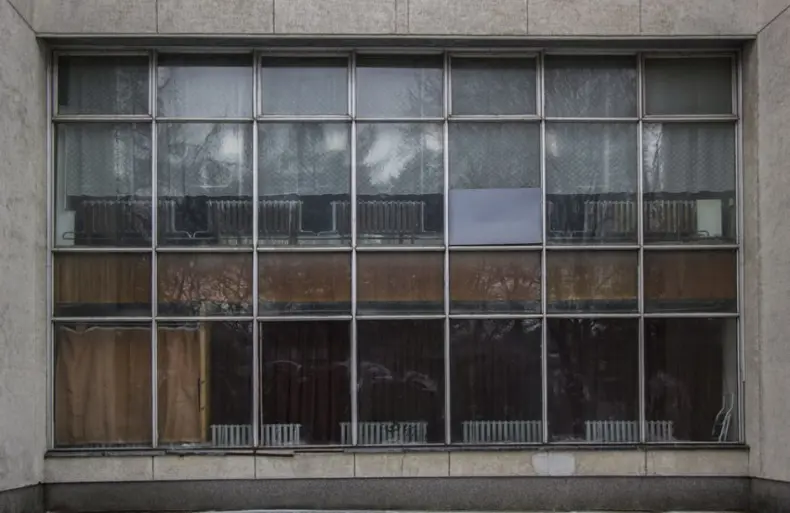If you were to ask a random selection of people their favourite words, you’d get an equally random selection of answers. Ameliorate? Very possible. Aurora? I can see that happening. Epoch and ineffable? Both believable.
Some words that are almost certain not to come up as people’s first thoughts – especially when brought together – are ‘regional’, ‘brown’ and ‘offices’. No one writes poetry about regional brown offices.
On the face of it, regional brown offices as an investment sounds like a tough sell. Just ask Palace Capital, which announced a strategy to pivot to focus on them and then, two weeks later, seemingly backtracked.
Yet the investment case is still sound. Palace has been a leader in this space, and although it may scale back its regional brown office ambitions, I’d be willing to bet it’s not the last we’ve heard of the strategy – and that others may well be reconsidering their own approaches to the market. Here’s why.
Why regional offices are so appealing right nowLet’s look at where we are now.
By ‘regional brown offices’, we’re talking about workplaces with relatively low EPC ratings (such as D) in the UK’s towns and city centres but not central London.
There’s been relatively little competition in regional office capital markets of late although the likes of Grosvenor, Forma and, as we’re increasingly finding, private Middle Eastern investors are among the big players in the space right now. Likewise, secondary assets in these places can be bought at a significant discount to pre-Covid levels.
Regional offices will benefit from levelling upAs Scott Tyler, Allsop’s senior partner, said following the Queen’s Speech earlier this year: “there is no path to levelling up that doesn’t run through real estate.”
Although levelling up remains an unresolved topic amid current political turmoil, it’s unlikely to go away – championed as it is by some in both the Conservatives and Labour. As such, we can sooner or later expect to see increased infrastructure investment, including transport, and a greater effort to encourage young people from the UK’s towns to seek a career closer to home, rather than continuing the so-called “brain drain” to London.
While there is yet no sign that the government has woken up to such a significant missing piece of the puzzle, it’s clear that regional offices need investment to ensure levelling up is sustainable. Offices on their own won’t be sufficient to convince talented professionals to stay in their hometowns but having excellent workspaces that attract would-be employees is an important part of maintaining growth.
Why some will sell – and others will swoopHowever, at the moment, regional offices are seeing relatively poor rates of employees returning to the office after the pandemic. This is in part down to a higher proportion of secondary workspaces in the regions, with a lack thus far of investment bringing offices up to a standard on par with prime central London offices.
When you consider that the average office rent in somewhere like Sheffield is around £20-25 per sq ft, and compare it to the cost of improving the space which may be at least £120 per sq ft, it’s clear that improving the spaces is out of reach for many existing regional office owners.
Meanwhile, with all non-domestic properties being let requiring a minimum EPC of C in less than five years and a B in less than eight, a significant number of regional offices will become stranded without investment and increasingly unlettable. In this environment, landlords that are unable to bring their properties up to scratch are likely to look to sell – which is where those with opportunistic appetite can swoop.
This all adds up to make the business case for those, which have the investment expertise, the long-term outlook, and the desire to make an impact on ESG issues.
While Palace has been in the headlines for this, others are more quietly getting on and delivering effectively. One example, Commercial Estates Group, is buying lumpy offices in regional locations off low capital values, and then transforming them into best-in-class space with a mix of flexible workspace and traditional leases, alongside great amenities, all of which is bringing in record rents in the likes of Milton Keynes, Leeds, and Birmingham.
All in all, investing in regional brown offices? That sounds mellifluous to me.
This blog was first published on 5th August by Estates Gazette. You can see the full article here.




